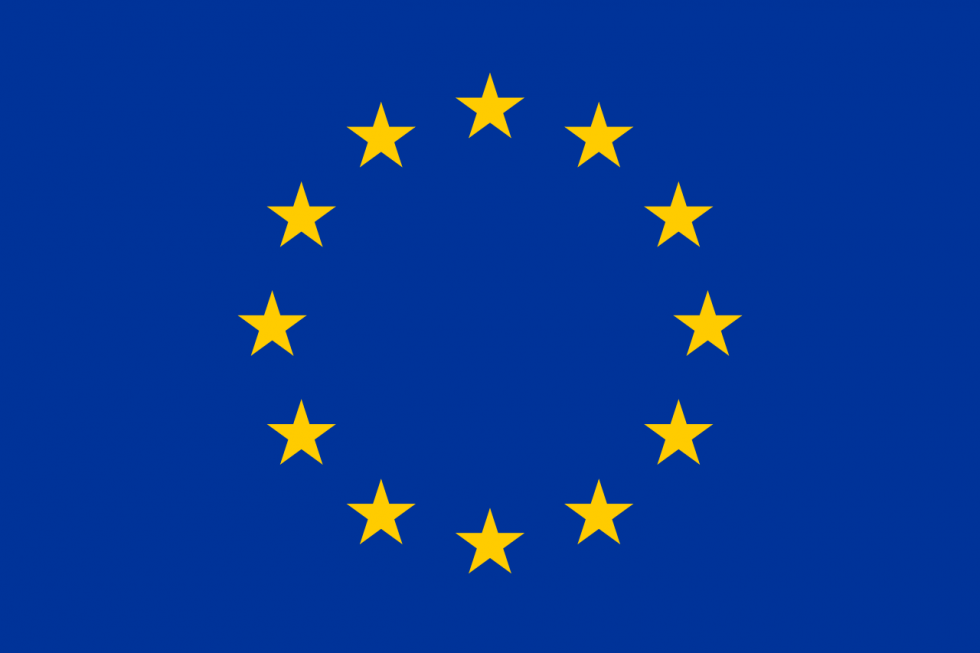Response to the 2023 Enlargement Package
Slovenia advocates a balanced treatment of all countries in the package and underlines the geostrategic importance of EU enlargement. At the same time, the European Commission published a new Growth Plan for the Western Balkans.
Slovenia welcomes the 2023 Enlargement Package, which for the first time deals with ten countries. The current geopolitical situation in the world and the conflicts in the EU's neighbourhood dictate the need to continue the enlargement process. "Slovenia is convinced that Europe will be even more stable, secure and prosperous once enlargement is complete. The EU enlargement to the Western Balkans and to the East is not only in the interest of the EU and the new members, but a geostrategic necessity," said Tanja Fajon, Minister of Foreign and European Affairs.
Upon the adoption of the enlargement package, Minister Fajon also stressed that "thanks to Slovenia's excellent efforts, the door is now wide open for Bosnia and Herzegovina to start negotiations with the EU. The final decision will be taken by the European Council in December this year. Slovenia will continue to support Bosnia and Herzegovina, which must do its homework by then."
A key part of the package is the European Commission's recommendations on the next steps in the enlargement process. The European Commission makes recommendations for the opening of accession negotiations with Ukraine and Moldova and the adoption of a negotiating framework once certain conditions have been met. For Bosnia and Herzegovina, it recommends opening negotiations as soon as the country has sufficiently fulfilled the conditions for membership. As regards Bosnia and Herzegovina, the European Commission will monitor progress on key priorities and report back to the Council by March 2024 at the latest. Slovenia underlines that granting candidate status to Bosnia and Herzegovina was the right decision and will continue to work towards the earliest possible adoption of the decision to open accession negotiations.
With regard to the country-by-country review and assessment of the situation in the Western Balkans, Slovenia shares the European Commission's view that North Macedonia and Albania are committed to continuing their accession negotiations with a view to joining the EU and expects the opening of the first negotiating round for both countries by the end of 2023.
Serbia's EU accession negotiations will continue to depend primarily on progress in the rule of law, normalisation of relations with Kosovo and readiness to implement key reforms.
Slovenia is confident that Montenegro, once a new government is in place, will shortly implement key reforms to advance the negotiation process.
For Kosovo, normalisation of bilateral relations with Serbia remains crucial. Slovenia encourages constructive engagement in the Belgrade-Pristina Dialogue, implementation of all past agreements, meeting expectations and fulfilling the required criteria.
Slovenia welcomes the new Growth Plan for the Western Balkans, which focuses on reducing the economic and development gap between the EU and the countries of the region and on accelerating reforms. The Plan will give new impetus to the enlargement policy and accelerate the gradual integration of the countries of the region into the EU, including possible integration into the EU internal market even before their full membership of the Union. Slovenia supports the European Commission's proposal for an additional package of financial assistance, including €2 billion in grants and €4 billion in loans, to implement the Plan.
Slovenia welcomes the progress made so far by Ukraine, Moldova and Georgia in implementing the European Commission's recommendations, despite the difficult security and economic situation in this part of Europe and encourages all three countries to continue to work on key reforms in the judiciary, the fight against corruption and de-oligarchisation.


